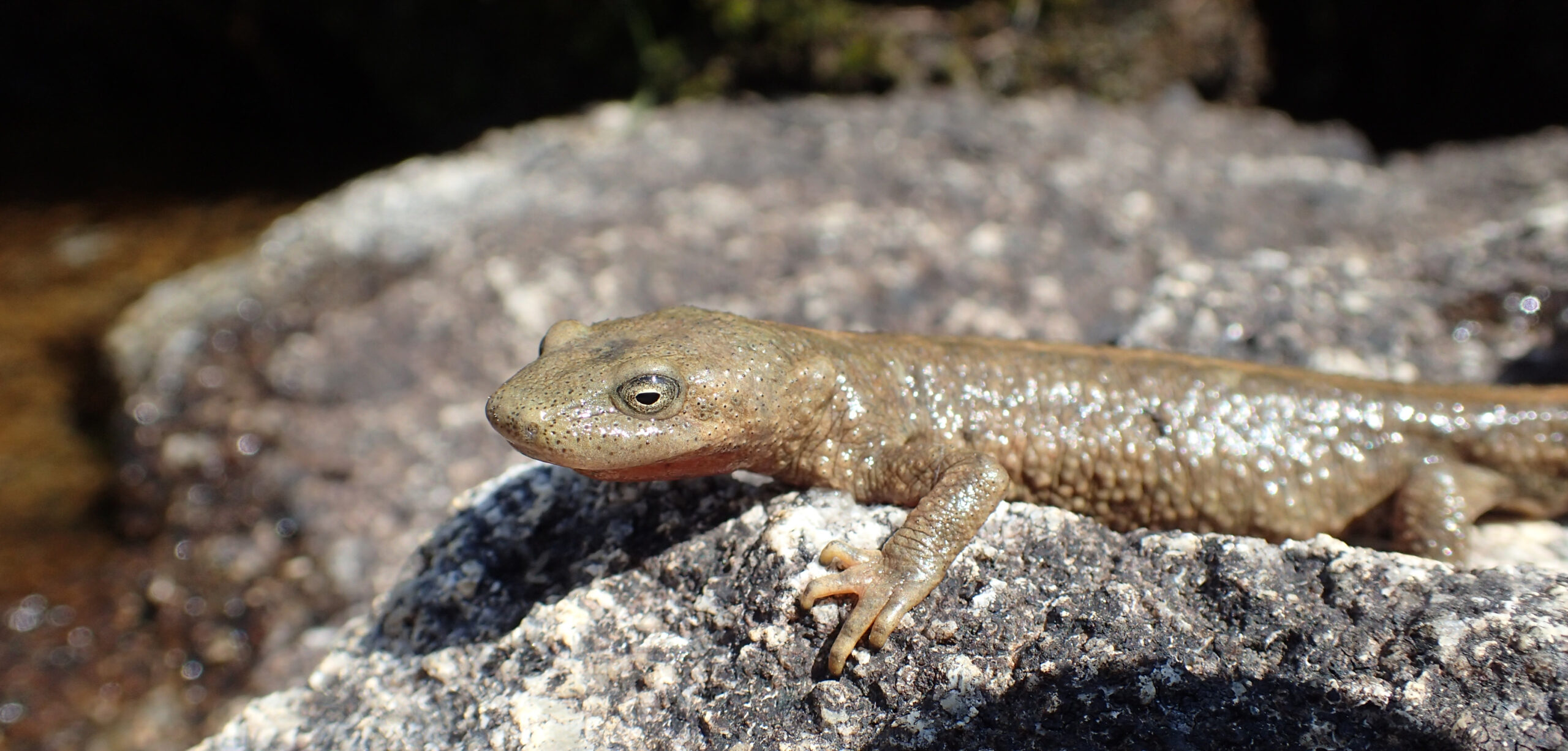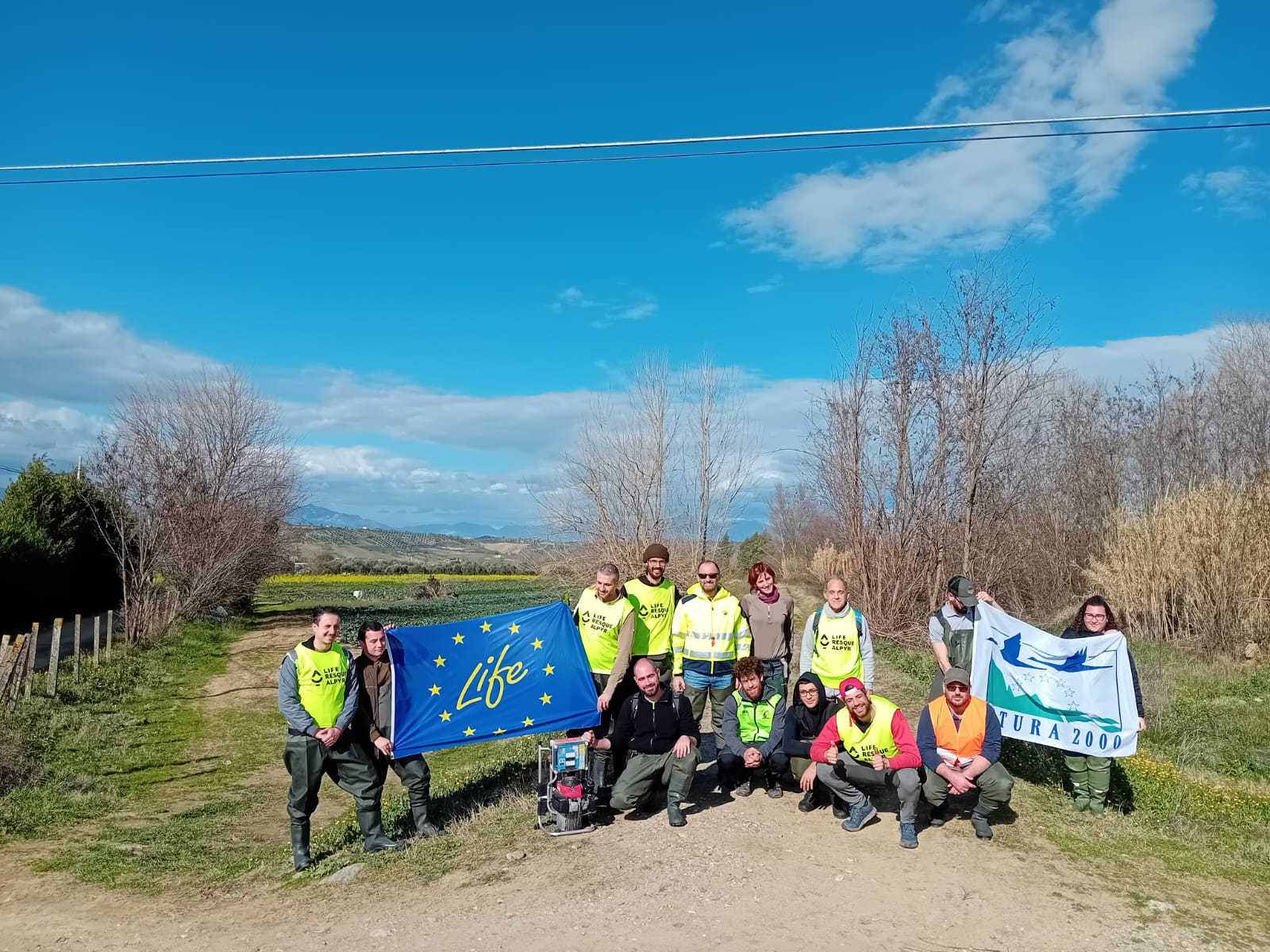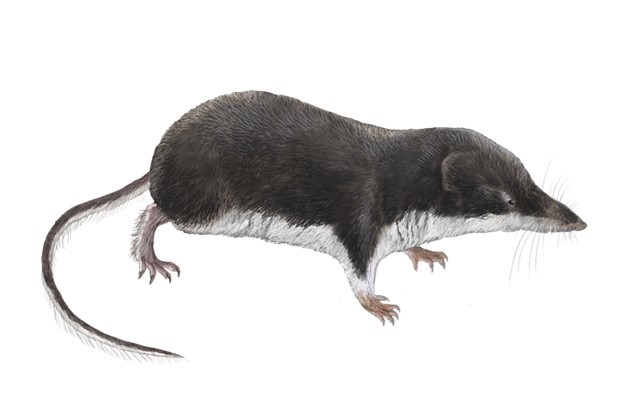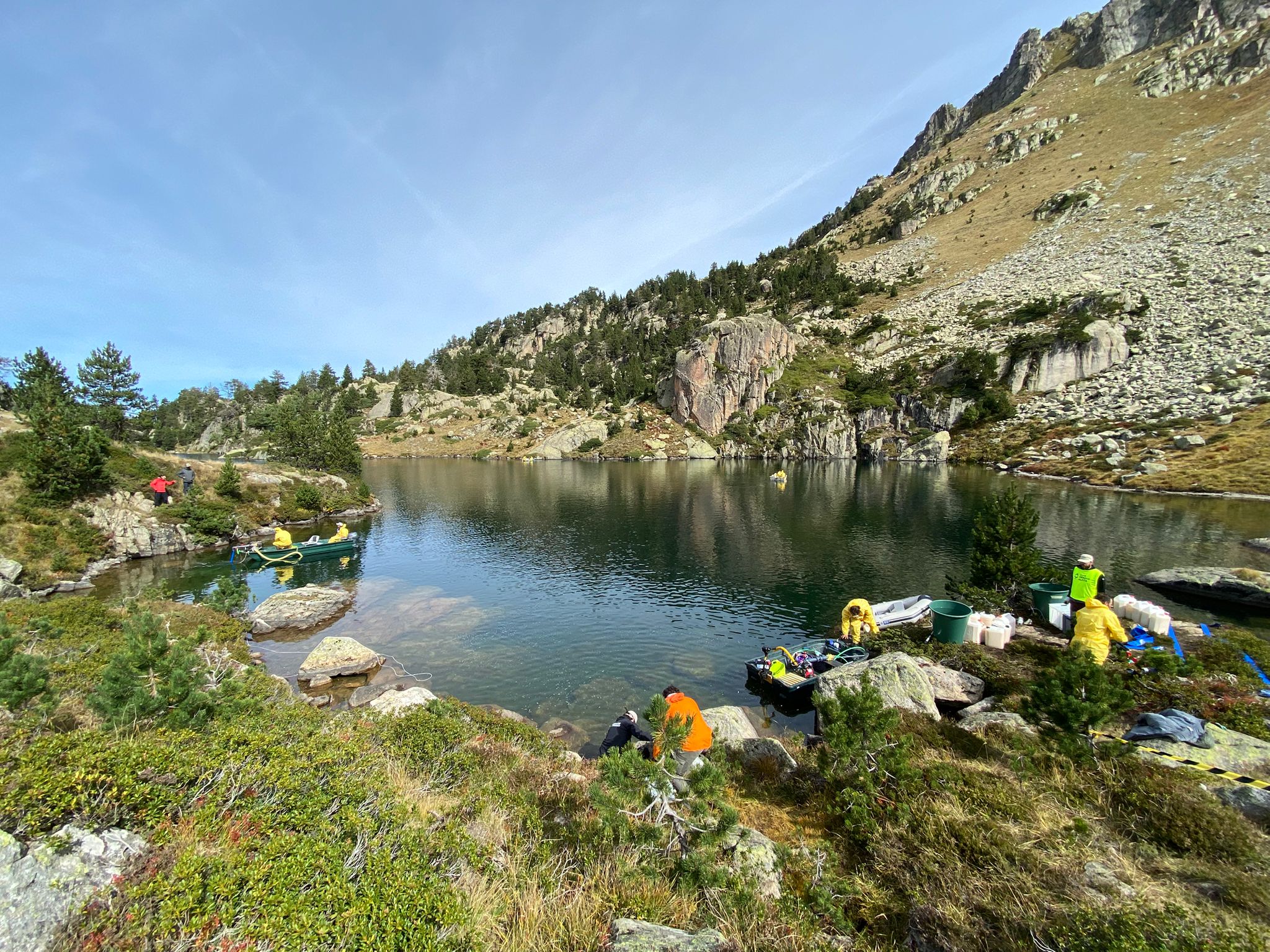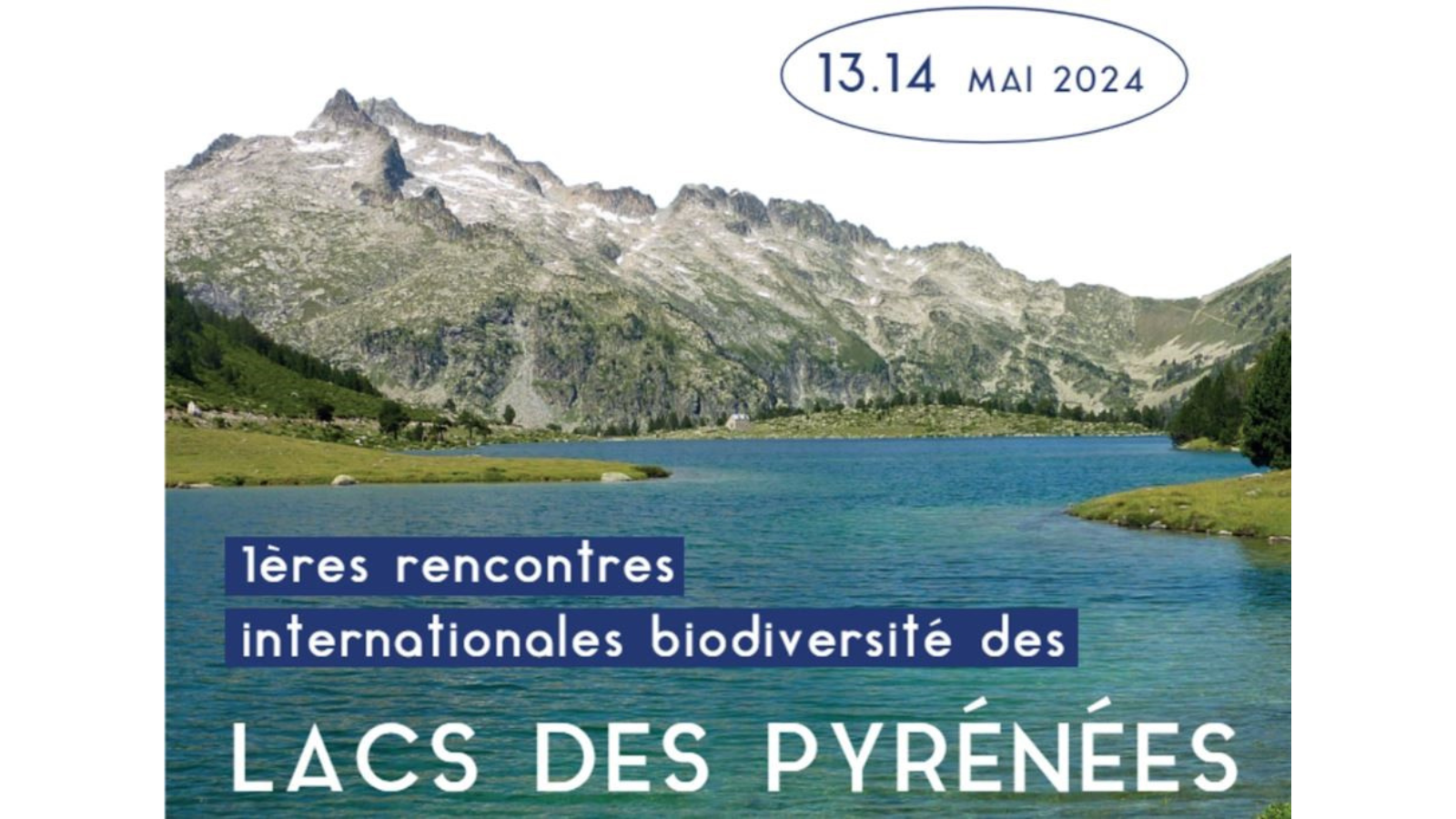-
La biodiversité en danger: Comment pouvons-nous stopper sa perte?
Le dernier rapport Science pour les politiques publiques compile les preuves scientifiques du CSIC sur la perte de biodiversité, ses causes et ses conséquences, et propose des mesures pour faire face à cette crise. Le document La perte de biodiversité dans le scénario actuel de changement global définit la biodiversité comme la variété des habitats,…
-
Electrofishing Training Course Successfully Completed
On January 27-28, 2025, a training course on electrofishing was held as part of the activities of the LIFE RESQUE ALPYR project, focused on the restoration of protected aquatic ecosystems in the Alps and the Pyrenees. Electrofishing is a fundamental tool for the management of invasive species and the conservation of aquatic ecosystems, as it…
-
Shrews, Introduced Fish, and High-Mountain Lakes: A Fragile Ecological Balance
A new study reveals that the introduction of fish into high-mountain lakes significantly disrupts biodiversity in these ecosystems, directly impacting shrews. Lakes containing fish show a notable decline in aquatic invertebrate populations, an essential food source for these small insectivorous mammals. Furthermore, large fish can prey on the shrews themselves, threatening their survival and altering…
-
First pilot test with a biodegradable ichthyocide for the removal of invasive fish in the Pyrenees
The LIFE RESQUE ALPYR project has launched a pioneering pilot test for the removal of invasive fish using a biodegradable biocide in a high mountain lake. This initiative is part of a broader strategy to restore high-altitude aquatic habitats, aiming to transform the restored lakes into biodiversity reservoirs and ecological corridors. It will be the…
-
First International Meeting on the Biodiversity of the Pyrenean Lakes
During May 13 and 14, 2024, the First International Meeting on the Biodiversity of the Pyrenean Lakes took place in Loudenvielle, Hautes-Pyrénées. The meeting was organized by the CBN of the Pyrenees and Midi-Pyrénées as the secretary of the scientific interest group (GIS) “Lacs des Pyrénées” and brought together researchers, managing entities, and decision-makers committed…
-
Lucia Bello won the poster competition at the PhD Day event of the University of Calabria!
On April 10th, our collaborator, Lucia Bello, won the poster competition during the event “PhD@Unical: a future to research 4“, the second edition of the PhD day at the University of Calabria. Lucia presented the effects of introduced fish on insectivore shrews, one of the topics of her PhD project titled “Cascading ecological effects of…
-
Wetland restoration in protected areas of the Pyrenees and the Alps
Within the framework of the LIFE RESQUE ALPYR project, coordinated by the Center for Advanced Studies of Blanes (CEAB-CSIC), different types of actions are carried out to restore peat bog ecosystems in protected areas of the Pyrenees and the Alps. In Alpine-type mountains, because the physiography is very complex and abrupt, these semi-aquatic ecosystems occupy…
-
Field trip to the action sites of the Mont Avic Natural Park
Between July 4th and 7th, 2023, a field trip to the action sites of the Mont Avic Natural Park took place, involving personnel from other Alpine protected areas. The trip gathered experts from different protected alpine regions to explore the action sites within the Mont Avic Natural Park. During these four days, the experts came…
-
LIFE Multi Peat Monitoring and policy workshop
Last November 30, 2022 we participated in the LIFE Multi Peat Monitoring and policy workshop organized by the LIFE Multi Peat project team. The aim of the workshop was twofold. In the first part, an open webinar took place to connect the LIFE Multi Peat project to different EU-funded restoration projects and to discuss successful ways of…
-
Networking week with the Croatian team of the LIFE Dinara Back to life project
From 24 to 28 October the LIFE RESQUE ALPYR team has hosted a delegation of researchers and environmental and natural protected areas managers of Croatia, members of the LIFE DINARA BACK TO LIFE and STILL WATER REVIVAL projects. The aim of this networking week is for the Croatian team to learn about the management and…



